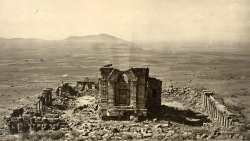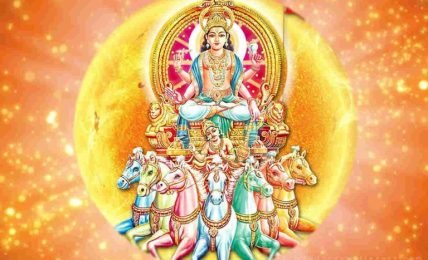Kashmiriyat, Sufism and pretense of Secularism
A polity that systematically discriminate against citizens on the basis of religious identity must cast away any pretense of secularism. Its time we should have a hard look at the concept of kashmiriyat and put it on table for debate.




